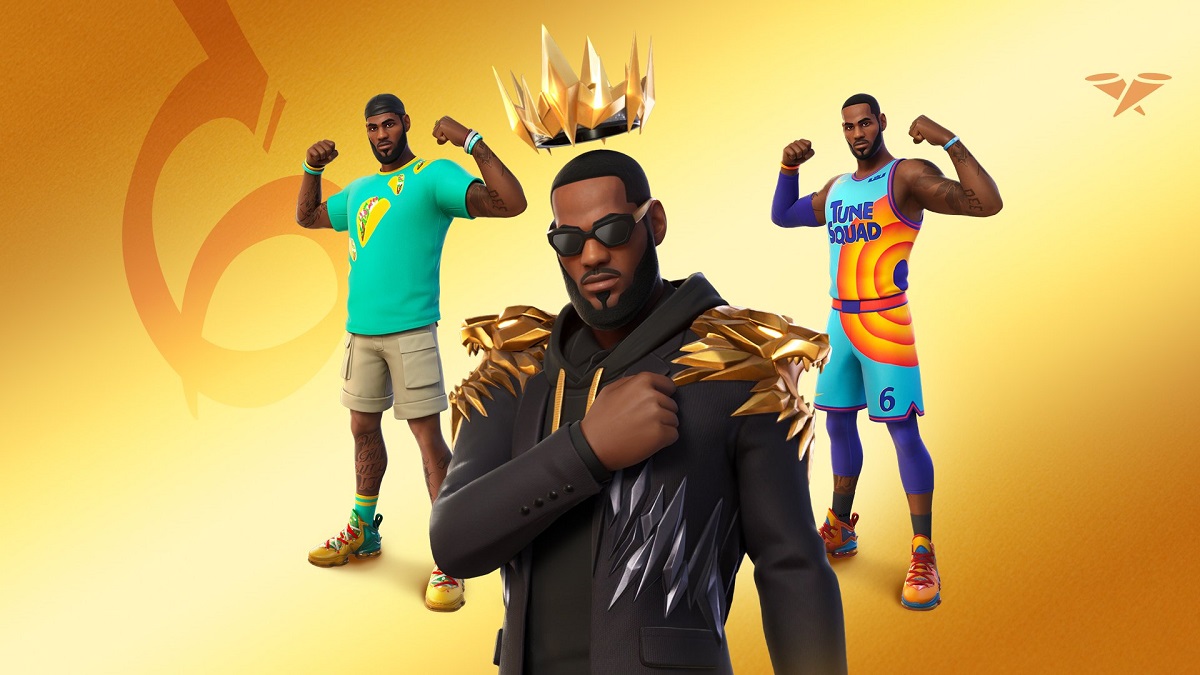Since 30% of the world’s gamers — approximately 750 million people — are under 18, minors constitute a valuable and important part of the video game market. However, as any loving parent will tell you, children are great, but they can complicate things. As a recent series of court decisions involving Epic Games’ Fortnite has shown, children can sometimes render a game company’s End User License Agreement (EULA) unenforceable, thus complicating a company’s legal strategy.
One nearly universal way that software companies, including game publishers and developers, manage their legal risk and protect their intellectual property is through an EULA. When a customer purchases software, such as video games, they are almost always purchasing a license to install and use the software, so the customer ultimately does not own the software itself. What the customer can and cannot do with the software is spelled out by the EULA. Not only do EULAs help protect a company’s intellectual property, they also frequently limit where the customer can sue the company, which state laws apply, etc. When the customer is a minor, however, some or all of a EULA might be unenforceable.

Unlock premium content and VIP community perks with GB M A X!
Join now to enjoy our free and premium membership perks.
![]()

![]()